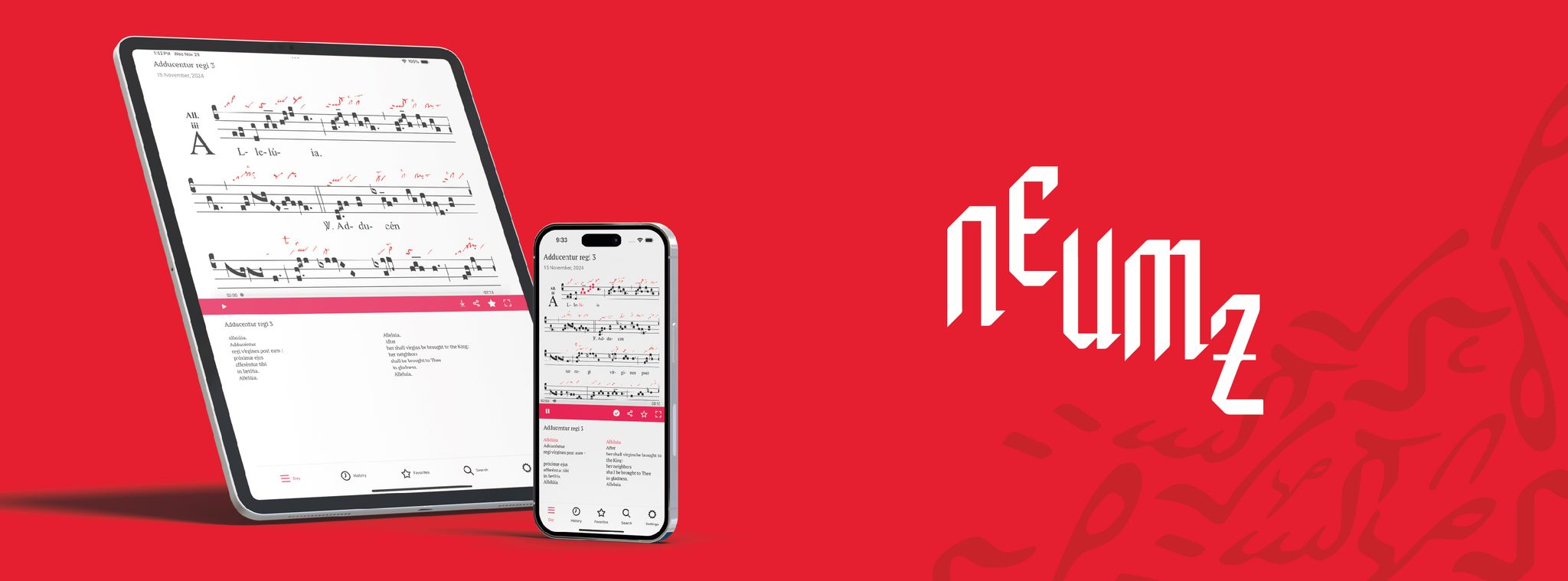Today is the 16th Sunday in Ordinary Time. To celebrate this Sunday, we have chosen the chant of the Introit. The text of this piece is taken from Psalm 53; King David composed this psalm at a time when, persecuted by Saul, he was forced to seek refuge in foreign lands. The first two stanzas are a cry for help: “Lord save me…”. The third is full of comfort: “Behold, the Lord helps me…” As if, between the two, the persecuted have been assured that the Lord, at their call, would act without delay.
In this chant, however, the order is reversed: first is the joy of consolation and then the call for help; but the meaning is not very different. The whole piece fits well with the central idea of the Mass. In the face of the punishments of sin that are ever present, the Church sings of her trust in the merciful power of the Lord who will help her to be faithful.
As for the melody, this piece begins in the tenor C and moves towards the final F. The first phrase is marked by great peace. The Church, confident that God will help her, no longer fears, in the midst of her enemies, the dangers that surround her; she sings her quiet joy in beautiful major intervals, F-A-C and a gentle cadenza in F. The word ‘Dominus’ is tenderly emphasised and she lets her gratitude and happiness soar in ‘animae meae’: the melodic summit of this phrase and an essential word in this context.
The second phrase is very different. From the beginning there is, in the imperative ‘averte’, something vibrant, which is amplified in the clivis with the unisonic development of ‘mala’. What begins as the call for revenge develops into ‘inimici mei’ and ends in a cadenza in B in which there is a hint of anguish or at least suffering.
The next section is closely related to the previous one. The idea is the same. There is at ‘in veritate tua’, which reminds us how faithful God is to His promises, a hint of gentle reverence and then, again, the melody hardens and becomes very violent in the distropha, the repercussions of the ‘pressus de illos’. ‘Protector’, on the other hand, goes towards the Lord in a melody imbued with trust, love and joy, like the precious role of protector that the Church wants to offer at the end of her prayer.
